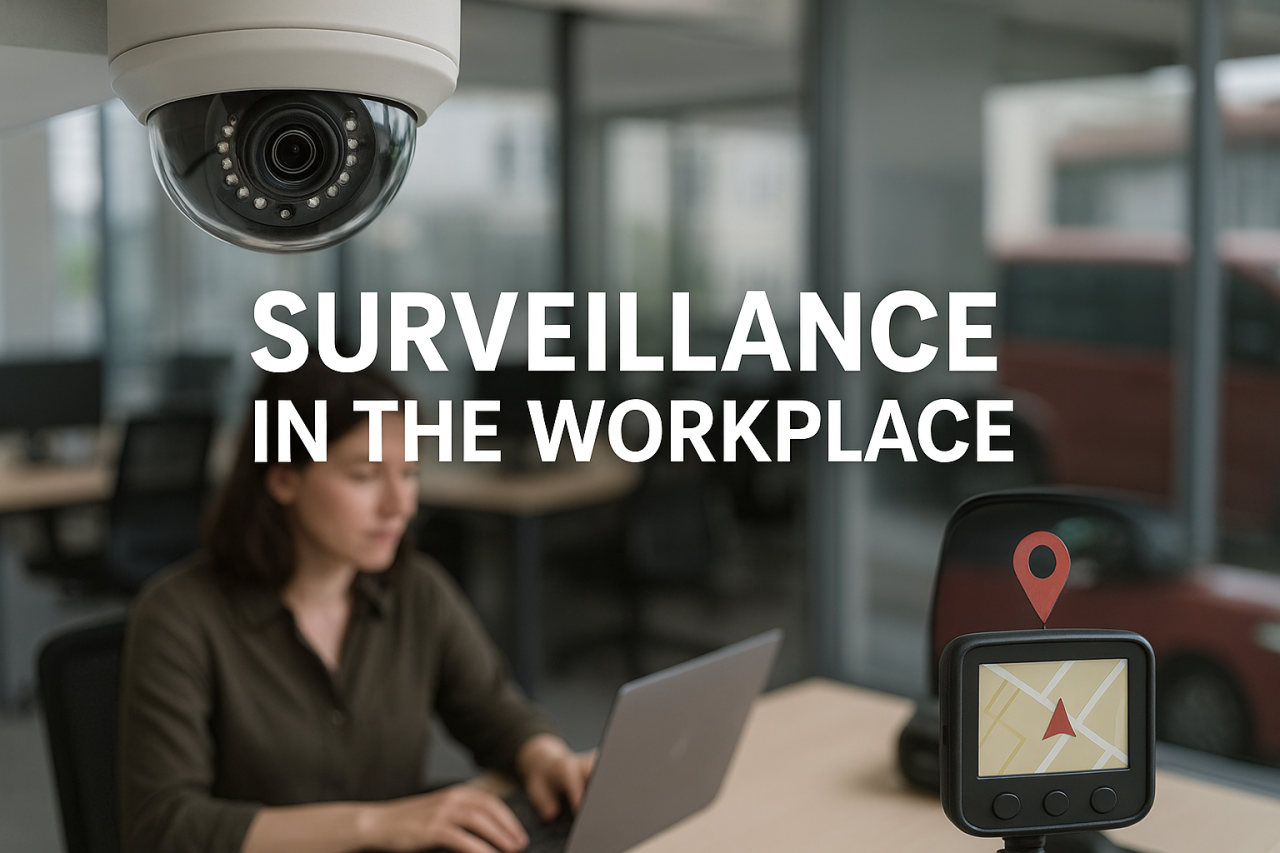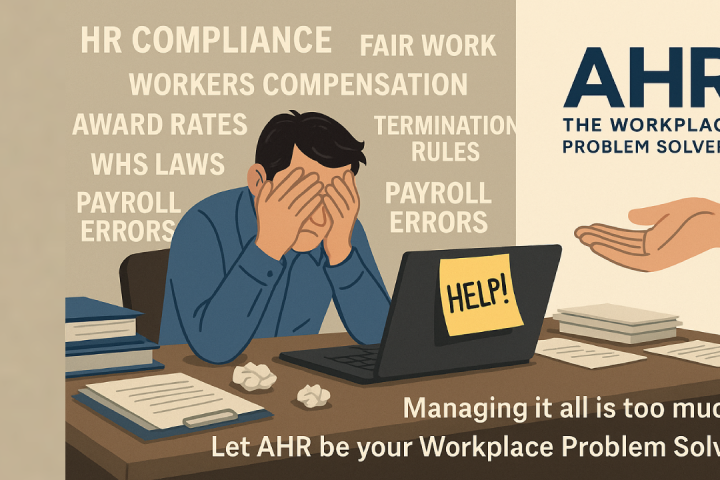The Power of Communication: Why Small Businesses Must Prioritise Workplace Communication
In any workplace, effective communication is unequivocally the cornerstone of a strong, thriving culture. Nevertheless, for many small businesses—especially micro-enterprises with fewer than five workers—it often falls by the wayside. Caught up in the daily grind of maintaining operations, owners and managers may underestimate how vital clear, consistent, and two-way small business workplace communication is to worker satisfaction, retention, and overall productivity.
Today’s workers, irrespective of the size of the business they work for, expect to be communicated with effectively. Specifically, they want to know what is happening within the business, how their role contributes to the bigger picture, and how they are performing. When such communication is lacking, misunderstandings, disengagement, and turnover are consequently sure to follow.
At Assurance HR Management (AHR), we understand that small business owners wear many hats. Adding structured workplace communication processes to an already full plate can feel overwhelming. However, the reality is simple: small businesses cannot afford not to communicate well.
Here’s why effective workplace communication matters even more in small businesses—and how AHR can help you build a practical, sustainable communication framework without burdening your already stretched resources.
Workers Expect Communication—No Matter the Size of the Business
One of the biggest misconceptions among micro and small business owners is that because their business is small, formal communication practices aren’t necessary.
In reality, the smaller the team, the more important communication becomes. In small businesses, there is often no “buffer” between management and workers, meaning any breakdowns or gaps are felt immediately and personally.
Workers today expect:
- Clarity about their role and expectations
- Transparency about business goals, challenges, and changes
- Recognition and feedback on their performance
- Opportunities to voice concerns and contribute ideas
- Consistency in messages, policies, and decision-making
When communication is poor or inconsistent, it can lead to feelings of frustration, insecurity, and distrust—quickly eroding morale and loyalty.
Even if you only have two or three workers, they deserve (and expect) to be kept in the loop. When they are, they are more likely to stay engaged, perform at a high level, and remain committed to the business over the long term.
The Struggle Is Real for Micro and Small Businesses
We get it—running a small business is no easy feat. Between managing customers, finances, marketing, compliance, and day-to-day operations, many business owners find there’s simply no time left to think about structured communication.
Some of the common challenges small businesses face include:
- No dedicated HR team to manage internal communications
- Limited time to hold regular meetings or one-on-ones
- Assumptions that “everyone already knows” what’s happening
- Fear of overcomplicating what is perceived as a simple operation
- Lack of formal policies or communication templates
The good news is that workplace communication doesn’t have to be complicated or time-consuming. It just needs to be intentional. AHR specialises in helping small businesses like yours implement straightforward, effective communication practices tailored to your size, industry, and culture.
What Good Workplace Communication Looks Like
Good communication within a small business should feel natural but consistent. Here are some simple yet powerful practices every small business should aim to implement:
- Regular Check-Ins
Hold a quick team meeting weekly or fortnightly, even if it’s just a 15-minute conversation. Use this time to update your workers on business news, upcoming priorities, or celebrate recent successes.
- Individual Conversations
Schedule regular one-on-ones (even quarterly) with each worker. This gives you both a chance to exchange feedback, discuss development goals, and strengthen your working relationship.
- Clear Written Communication
Create simple documents outlining key policies, workplace expectations, and business goals. Workers appreciate having something to refer back to and it reduces confusion later.
- Open Door Policy
Encourage an environment where workers feel comfortable coming to you with questions, ideas, or concerns. Psychological safety is essential.
- Recognition and Feedback
Don’t underestimate the power of a simple “thank you” or a quick note recognising good work. Regular feedback keeps workers motivated and aligned.
At AHR, we help businesses design communication processes that don’t feel forced or corporate—but ensure workers always feel informed, valued, and heard.
The Risks of Poor Communication
When communication is neglected, even the best workers can become disengaged and disconnected. Some of the risks include:
- High turnover – Workers leave when they feel out of the loop or unappreciated
- Poor performance – Workers may not fully understand their roles or expectations
- Conflict and misunderstandings – Small issues fester into big problems
- Damage to reputation – Disengaged workers can spread negativity internally and externally
- Missed opportunities – Workers may have valuable ideas they never get the chance to share
Small businesses, more than anyone, rely on every worker pulling in the same direction. Communication is what keeps everyone rowing together.
How AHR Can Help Your Business Communicate Better
At Assurance HR Management, we are passionate about helping small businesses succeed by strengthening the “people” side of the business.
We can assist by:
- Setting up simple but effective communication frameworks tailored to your business
- Providing communication templates, policies, and schedules
- Training business owners and managers on how to deliver feedback, hold meetings, and encourage open communication
- Facilitating workplace surveys to understand where communication gaps exist
- Offering ongoing HR support to guide you through challenging conversations when needed
Whether you need help getting started or want us to set up the full system for you, we are here to make workplace communication easier—freeing you up to focus on what you do best: running your business.
Don’t Leave Communication to Chance—Talk to AHR Today
Your business might be small, but your workers’ expectations are not. Strong communication is not a “nice-to-have”—it is essential to your business’s success.
If you’re ready to build a workplace culture where workers feel informed, valued, and connected, Assurance HR Management is ready to help.
Let’s make communication a strength, not a struggle.
Contact us today to find out how we can help you put the right communication practices in place—so you can retain your best workers, improve your operations, and grow your business with confidence.










